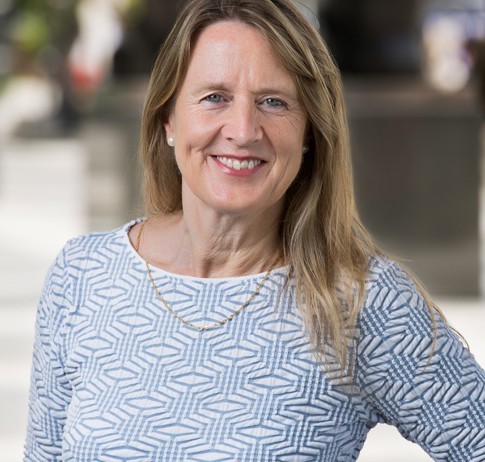The cornerstone of family law in Singapore is that the welfare of the child is paramount. This was reiterated in the recent decision of Re B [2020] SGFC 46 ("Re B").
In Re B, the Family Court in Singapore made the surprising and difficult decision to override a biological parents' objections to allow a foster family to adopt a young 5 year old child. Re B serves as a timely reminder to all biological parents that they may lose their children to a foster family if remaining with their biological parents is not seen by the Court as being in their child's welfare.
Brief facts in Re B
The child that was the subject of Re B was born prematurely with his twin sister. The twins suffered from multiple medical concerns after birth, and had to stay in the hospital for care to be given to them. Specifically, the child was born with psoriasis, clubfoot and an inguinal hernia which required surgery.
The twins' biological mother had been incarcerated for a drug related offence only 7 months prior to the twins' birth. When the twins were born, their biological father was also incarcerated for a drug related offence. As time progressed, the twins' biological mother failed to upkeep regular visits, despite the fact that she agreed with the Child Protection Services to visit the twins at least twice a week. The Child Protection Services encountered further difficulty arranging long term plans for the twins. None of the biological parents' relatives proved to be suitable candidates to care for the twins. Given that there was no proper support system for the twins, their biological parents entered into a voluntary care arrangement with the Child Protection Services for the twins to be placed in foster care. Following this, the biological parents then became uncontactable after the child was separated from his twin sister to live with a foster family.
Re B was the child's foster parents' application to adopt the child.
Unfortunately, when Re B came before the Family Court, the twins' biological mother was sentenced to a fresh 5 year imprisonment term for a drug related offence, while their father still remained incarcerated.
The child's biological parents vehemently objected to the adoption on the grounds that the twins should not be separated, and that the biological parents' relatives should care for the children. Quite harshly, the biological father said the following about the Child Protection Services: "Whoever give (sic) them this power – the child is ours and how dare they, like giving out chocolates they are giving out our child."
The Court's Decision in Re B
Typically, an adoption order cannot be made without the express consent of a child's biological parents. However, the Family Court is empowered to dispense with the consent in certain situations.
In Re B, the Family Court surmised that there was enough evidence in this case to dispense with the consent of the child's biological parents.
In arriving at this decision, the Family Court considered the following key factors:
The child's foster parents could take care and look after the child well. They have shown the child love, support and affection to such a degree that the child showed signs of separation anxiety when his foster parents were not close by. In addition, they were in a position to financially provide for the child, including expenses associated with the child's medical complications.
The child's biological mother had not established herself to be on the path of recovery, given that she had relapsed to drug use on multiple occasions, neither did she have any suitable relatives to care for the child. The Family Court acknowledged that the child would have an uncertain future if the adoption was not allowed.
The fact that the biological parents became uncontactable shortly after the twins were born showed that they had little interest in the child and at that material time, they were happy to agree to care arrangements with foster families for the twins.
In arriving at its decision, the Family Court remarked that the child's life "speaks of the devastating impact of drug use on families. It is a story that must allow for a better ending".
Key takeaway from Re B
While the Family Court in Re B acknowledged the importance of the biological connection between parents and their children, the child in this case had only ever known his foster family. His biological parents did not take any interest in raising him, despite repeated attempts by the Child Protection Services to contact them. On the other hand, the child's foster family played an active role in raising the child, and was in a much better position to ensure the best outcome for the child.
Re B signifies that the Family Court's paramount consideration in such cases is the best interests and welfare of children.

